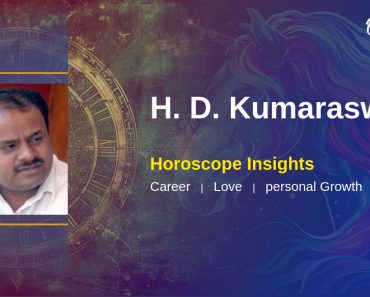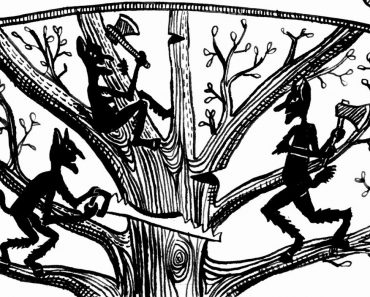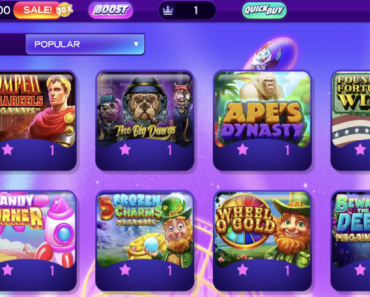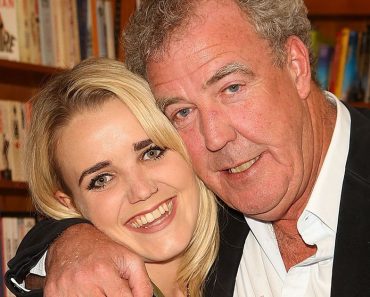
When I was a kid, I was a voracious reader who fell in love with the rich tapestry of Greek myths introduced to us in school. Additionally, I grew up with a little brother, which is a shorthand way to say I also consumed a lot of superhero stories. It didn’t matter that no one in these stories looked or acted like us. In truth, the fact that I couldn’t find myself reflected back in these characters didn’t register. Not right away.
Growing up in a predominantly white town, it was our reality that almost no one looked like us, sounded like our parents, ate the food we ate. Feeling “othered” was sort of my norm, and I didn’t know to expect differently, even in the literary worlds I turned to for comfort and escape. It was much later, as an adult, when I learned to question books or other art that excluded diversity. For example, only recently did I wonder at the implausibility that the Sweet Valley Twins book series (which I read obsessively as a kid) did not contain a single Asian character despite being set in Southern California. Thank goodness for Claudia Kishi in The Babysitters Club—but that’s another post for another time.
SCROLL TO KEEP READING THIS POST
It’s a weird experience to love something so much (like reading), yet not be able to find yourself reflected in any parts of this thing you love. I took it for granted when I was a kid, but when I became a writer, I realized I wanted to expand the representation in my middle grade books. I wanted kids who loved myths and superhero stories to see other versions, so they might be able to find themselves somewhere in these stories. And I wanted to create a story that employed mythological or superhero elements to reach kids who might be dealing with something close to my heart.
When I first started writing my middle grade novel KAYA OF THE OCEAN, the world was just emerging from the pandemic, but the psychological effects were still very present. As someone who’s struggled with anxiety, it was painful to see young kids close to me dealing with it for the first time. I can still remember how bewildering it is to suddenly encounter full-blown anxiety and all of the feelings that come with it. All of the worries that something is desperately wrong. I wanted to write a book to send a message to these kids (and maybe my younger self), to let them know they aren’t alone, and they aren’t broken. To help them embrace the beautiful, complicated people they are.

So I called on my memories of these gods and goddesses, these superheroes, from my own childhood. I wanted to bring their magic into a modern time and applied to a modern issue with characters from my own background and culture. When I was a kid, my dad used to tell me about Mazu, a Chinese water goddess who is still revered to this day, especially in coastal cities. She always fascinated me, this powerful goddess with the ability to control water, though she once lived as a human girl who loved reading and couldn’t swim.
KAYA OF THE OCEAN was born: a fictional story of a girl who is secretly descended from Mazu, but who discovers it in the most painful way when her powers over water emerge in uncontrollable episodes that embarrass Kaya and, worse yet, endanger people she cares about. I wanted to draw a connection between her struggle to control her emerging powers and her struggles with anxiety, a metaphor to let kids know that sometimes accepting and embracing all of who they are can unlock their inner strength.
In the book, Kaya’s dad says to her “quexian mei,” a Chinese saying that means things are more beautiful when they’re imperfect or flawed. This is the cornerstone of KAYA, the building block for my modern Chinese mythological retelling that weaves together mythological/superhero elements with a young girl’s struggle with anxiety.
Remembering the absence of my cultural representation in the stories I read as a kid, I was careful to include pieces of my background and family history in the book, especially in the flashbacks to some of Kaya’s ancestors in her goddess lineage. My hope is that my book adds to the canon of mythological stories so that more kids can find themselves reflected in the story, especially kids that might have grown used to feeling “othered.”
Mythologies—whether the original Greek myths that were taught in school when I was a child, or the thankfully broader spectrum of cultural myths available in books today—can be such a powerful member of the storytelling family. I mean, there’s a reason why myths (and the superhero stories that often build off of them) have such staying power in books and shows and movies! I wanted to do my part in expanding the diversity of myths (from other cultures) and applying them to different modern situations (such as Kaya’s anxiety). It gives them new life, and it gives different kids a new entry point to finding a story that speaks to them.
Meet the author
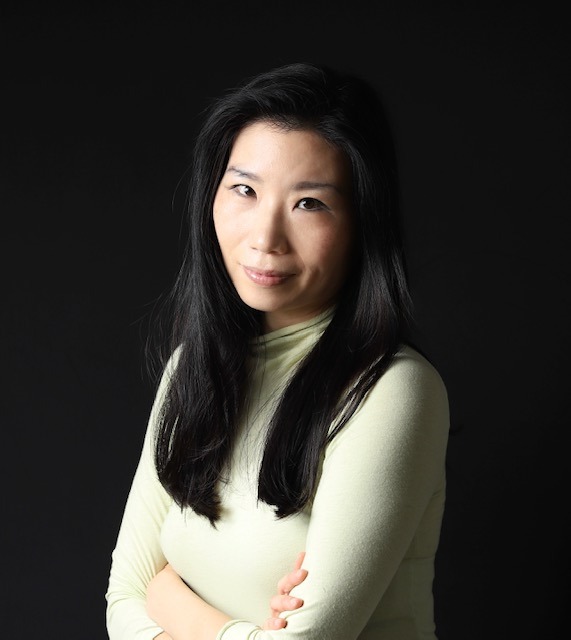
Gloria L. Huang is an author of middle grade novels and literary short fiction. Her short stories have been published in literary journals including The Southern Review, Michigan Quarterly Review, The Threepenny Review, Chicago Quarterly Review, Witness Magazine, Massachusetts Review, and Pleiades. Her debut novel, KAYA OF THE OCEAN, has been recognized as a Junior Library Guild Gold Standard selection, an American Booksellers Association Indies Introduce Outstanding Debut, and an American Booksellers Association Kids Indie Next Great Read. It will be released on January 7, 2025.
Links:
KAYA OF THE OCEAN (available January 7, 2025)
About Kaya of the Ocean
Anxious thirteen-year-old Kaya has always been afraid of everything—but when she learns she is the descendant of a Chinese water goddess, she’ll have to master herself to master her powers!
SCROLL TO KEEP READING THIS POST
On the surface, thirteen-year-old Kaya leads a charmed life. She lives in beautiful, beachy Lihiwai. She has ride-or-die best friends. She’s ultrasmart and killing it at school. She even works with a super-cute boy at her parents’ restaurant.
But she also has anxiety—serious anxiety, the kind that makes you scratch and pick—and she’s always had bad luck around the ocean. It’s hard to enjoy Hawaiian beaches when you’ve almost drowned more than once.
But as stranger and stranger things happen to Kaya around the sea, she realizes that—wanted or not—she has a special connection to it. Waves rise when she’s angry. Surf smooths when she’s calm. Fish come when she calls them. And when she learns the truth about her family and her divine ancestor, Mazu, she knows that she will need to connect with her most difficult emotions ASAP—or her potent powers may become dangerous to the people she loves.
Kaya of the Ocean is an exciting, fresh, and beautiful middle-grade fantasy about embracing who you really are. This heartfelt adventure of sun, surf, and sand touches on mental health, the immigrant experience, and the complexities of growing up.
ISBN-13: 9780823457885
Publisher: Candlewick Press
Publication date: 01/07/2025
Age Range: 8 – 12 Years
Filed under: Guest Post



